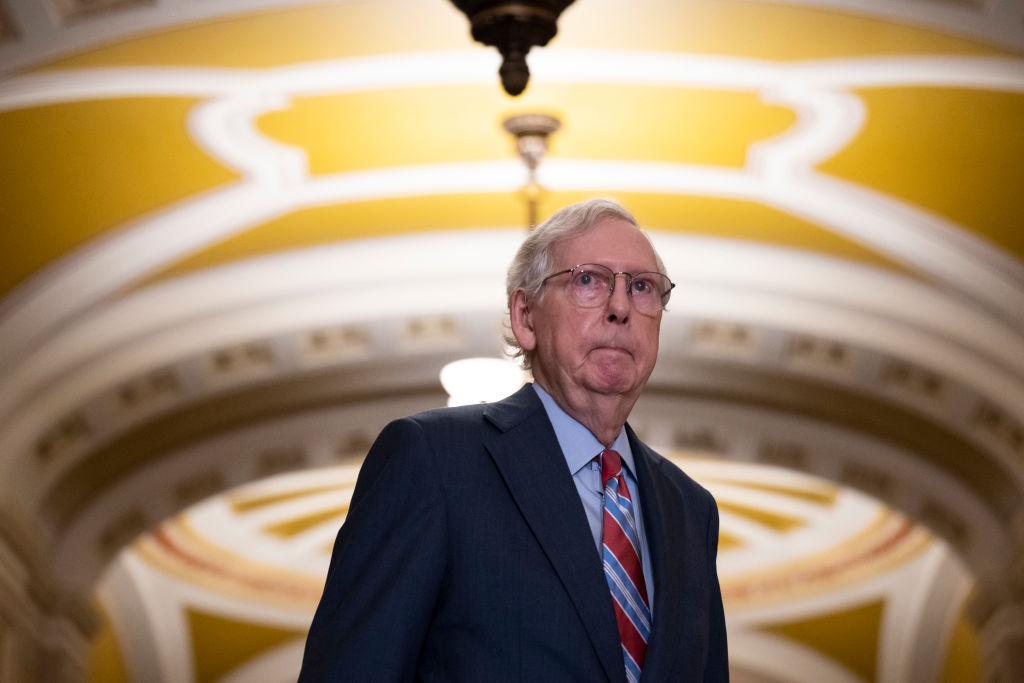The announcement by Mitch McConnell, Minority Leader of the United States Senate, that he will step down in November came in anticipation that he would be bounced from his role regardless of the outcome of the 2024 election. Either Donald Trump’s victory would be deemed by populists as a chance to remake the Republican party, or Trump’s failure would be laid at the feet of an intransigent establishment that McConnell has come to symbolise, in every way imaginable, deserved or not.
McConnell is hated by many, but also respected. He is a man with a significant legacy, borne from the before Trump times, of maintaining a position just to the right of what was achievable. He owned the judicial battles. He was stubborn and intransigent. He hated the reform minded members of his coalition equally, whether they came from right or left. And he has, as his greatest legacy, a reworking of the Supreme Court judiciary that will last for a generation. You can hate him. You can’t help but respect him.
Unless you’re Donald Trump. Then you just hate him, and blame him for all your failings. And this will factor in, to a great degree, when it comes to the next leader. Who will stand for the position and what will they promise? They have until November to figure this out. But for the time being, here are the elements at play.
The Johns: Thune, Cornyn
John Thune is viewed as the McConnell acolyte, most closely associated with his team. This is to his detriment. John Cornyn is a very traditional leadership type with feet in both camps. But he’s also someone categorised as older, headed to the exits.
The fundraiser: Daines
Steve Daines is already racking up impressive performances at the National Republican Senatorial Committee and Trump has boosted him for this. But the conference doesn’t necessarily like him or find him leadership material.
The Florida men: Rubio and Scott
Rick Scott tried before in a quixotic fashion, and he has the ears of many in the donor class. Marco Rubio could absolutely seize this moment if he wanted to, outlining a path forward that finds a way between the factions. But is he willing to do the job?
The compromise: Cotton
Tom Cotton is viewed by many people as someone who may choose to step forward in this moment as a representative of both the pre-Trump and post-Trump factions. But his foreign policy views are by far the most hawkish of the conceivable replacements.
This is a truly historic moment for the Senate GOP. No matter the direction they choose, it will mark a shift from the past and a bet on the future.






Comments